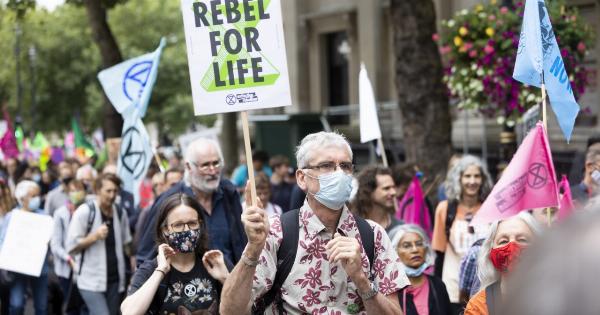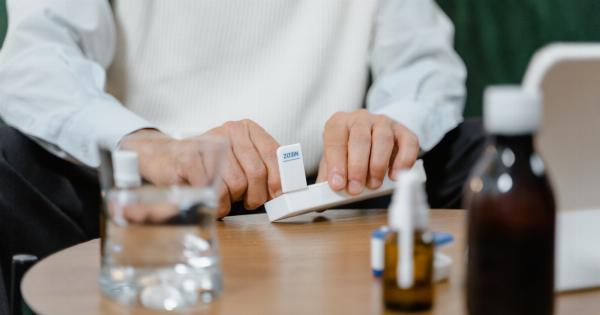Ebola is a highly infectious disease that can be fatal if not treated properly. Healthcare workers are at a high risk of contracting the disease due to their close proximity to infected patients.
In this article, we will discuss ways to protect yourself from Ebola infection in healthcare settings.
Understanding Ebola
Ebola is a disease caused by the Ebola virus. It is spread through bodily fluids such as blood, sweat, and vomit. Symptoms of Ebola include fever, headache, muscle pain, and weakness. In severe cases, it can cause bleeding both internally and externally.
Ebola can be lethal and has a high fatality rate.
Personal Protective Equipment
Wearing Personal Protective Equipment (PPE) is essential when working with Ebola patients. PPE includes gloves, masks, gowns, and eye protection. PPE should be worn consistently and correctly. Workers should never re-use PPE or use ineffective replacements.
Proper disposal of contaminated PPE is crucial.
Handwashing and Disinfection
Handwashing is the most effective way to prevent the spread of Ebola. Workers should wash their hands frequently with soap and water for at least 20 seconds, especially after removing PPE or touching a patient.
Disinfection of surfaces and equipment should be done frequently. Bleach is an effective disinfectant against Ebola. Workers should follow the manufacturer’s instructions for proper use of bleach.
Infection Control
Infection control practices such as isolating Ebola patients, limiting the number of people in the room and using protective barriers such as curtains, are crucial in preventing the spread of the disease.
Patients suspected of having Ebola should be immediately isolated and placed in the care of trained healthcare workers.
Safe Injection Practices
Unsafe injection practices can lead to the transmission of diseases such as Ebola. Healthcare workers should follow safe injection practices such as using a new needle and syringe for each patient and properly disposing of sharps.
Multi-dose vials should never be shared between patients.
Training and Education
Proper education and training on Ebola and infection control are essential for healthcare workers. Workers should be trained how to properly use PPE, how to practice good hand hygiene, and how to follow proper disinfection and sterilization practices.
Healthcare facilities should also have a contingency plan in place in case of an Ebola outbreak.
Monitoring Symptoms
Healthcare workers should monitor their own symptoms and report any symptoms of Ebola to their supervisor immediately. Symptoms of Ebola include fever, headache, muscle pain, weakness and bleeding both internally and externally.
Early detection and treatment can greatly improve outcomes.
Efficient Waste Management
Proper waste management is important in preventing the spread of Ebola as it can live on surfaces for several days. Workers should properly dispose of all contaminated materials, including needles, syringes, and other medical waste.
Conclusion
Protecting yourself from Ebola infection in healthcare settings is crucial.
Proper use of PPE, handwashing, disinfection, safe injection practices, training and education, monitoring symptoms, and efficient waste management are key steps in preventing the spread of Ebola. Healthcare workers should follow these guidelines to ensure their safety and the safety of their patients.





























